Ethics plays an important role in preparing students for their future, for employment and lifelong learning. It enhances their spiritual, moral, social and cultural development. Ethics at MSSC follows a debate/discussion style of lesson once every two weeks and is delivered by teachers of Religious Studies. This is in line with the entitlement of 5% of Curriculum time particularly for those who have not chosen RS as an option choice.
The Ethics curriculum at MSSC follows a flexible approach to a variety of topics covered throughout the year. It adapts to current issues that arise and builds on developing awareness of the fundamental questions raised by human experiences, and of how religions teachings can relate to them, bringing Moulton Values to life. It responds to such questions with reference to the teachings and practices of religions and other belief systems, relating them to their own understanding and experience. Reflection on their own beliefs, values and experiences in the light of these studies.
A holistic approach to Spiritual, Moral, Social and Cultural development (SMSC), British Values, Diversity and Inclusion and Community Cohesion focuses on preparing students for life in the 21st century, engaging students in a contemporary and relevant context. Ethics explores student responses to life’s challenges and reference is constantly made to those who live out their beliefs, insights and values in their daily lives and within their own communities. Staff are consulted as to the topics planned and discussed and many contribute to the curriculum resources for timely input and shared good practice.
In Year 9 students continue to have 2 RS lessons a fortnight as they begin their GCSE option subjects in Year 10. However, in the final half term of the year, they will start these courses and so will also begin their Ethics curriculum. They will start their sessions looking at Environmental Ethics, focusing on the value of the natural world, problems and solutions and how global warming is both an environmental issue and a human rights one.
In Year 10 students continue with the course by exploring Peace and Conflict which includes reasons for war, Just War theory and Jihad, responses to victims of war, pacifism and reconciliation. They will move on to Community Cohesion where multiculturalism is addressed, the benefits and issues it raises including racism and discrimination and the influence of religion including secularisation. Life and Death issues give students the opportunity to debate and argue around issues including Abortion and Euthanasia, consider when life begins and discuss both secular and religious viewpoints. Rights and Responsibilities introduces the UN Declaration of Human Rights and the worldwide response to these through charities including Amnesty International. Medical Ethics explores genetic engineering, stem cell research and cloning, giving students the opportunity to debate how far this technology should be used from a number of ethical points of view. Finally in the final term students will explore ethical themes in media and film, in particular looking at films including The Truman show to discuss how themes of control and reality are perceived.
Year 11 continues with their Ethics sessions to enrich them with a variety of topics including: Ethics in Sport focusing on immorality, cheating, money and sports washing; Crime and Punishment which looks at why people commit crimes and allows students to debate about the ways and reasons criminals are punished, whether the death penalty should be legal and focuses on different religious traditions and their different attitudes towards punishment; Relationships will address attitudes towards families and the role and impact of families for the individual and wider society, LGBTQI+ rights in Britain and around the world and religious attitudes towards these.
The topics are flexible and so can move between different terms or year groups if required and should elements of life and events dominate the headlines then sessions will adapt to accommodate discussion and debate that may be required.
Literacy is taught through introducing and using keywords and definitions, small group and paired discussions and interacting with text and diagrams to use information.
There is no assessment aspect to the topics as the course is non-examined.


